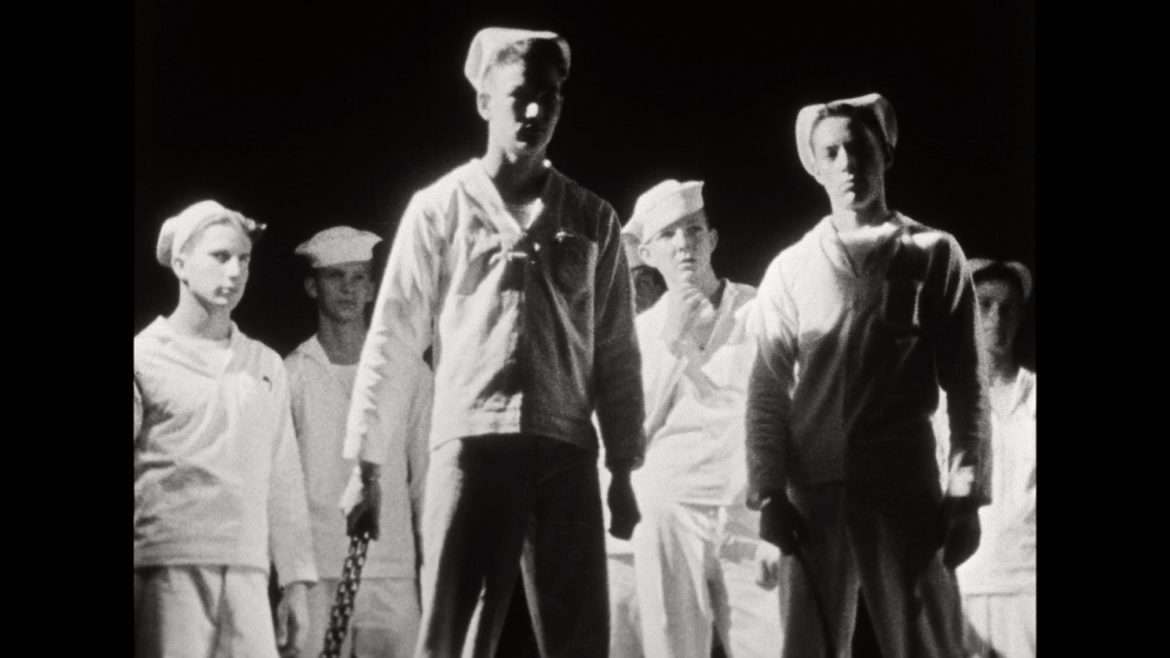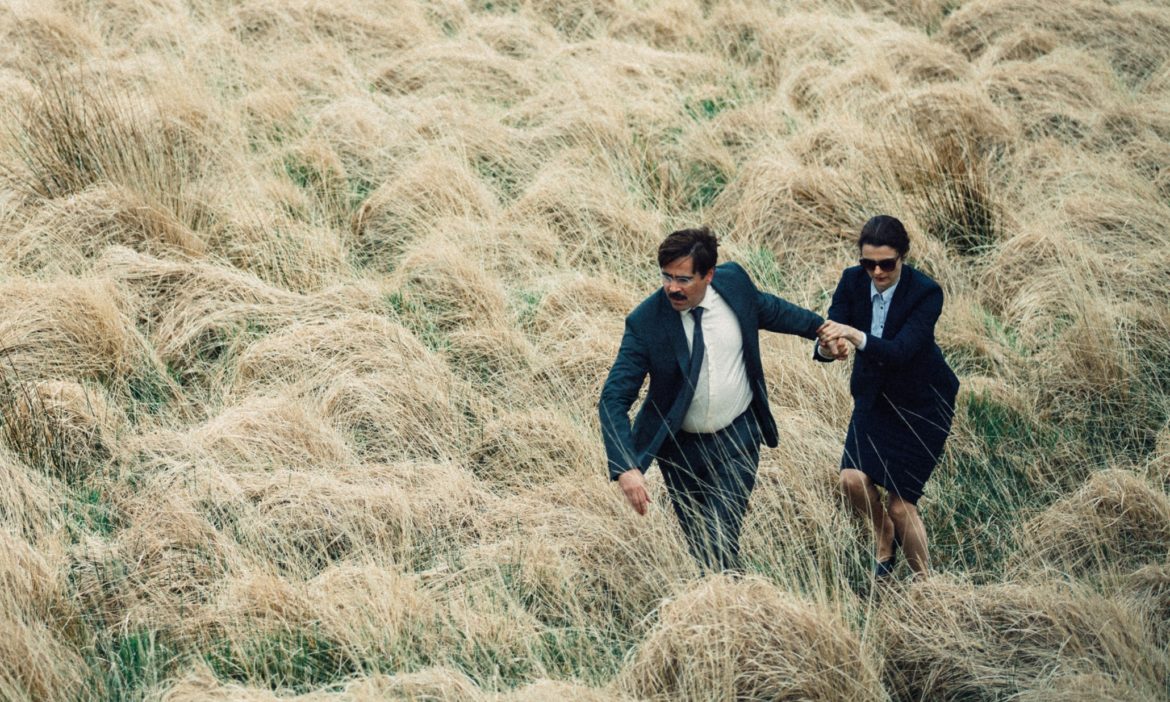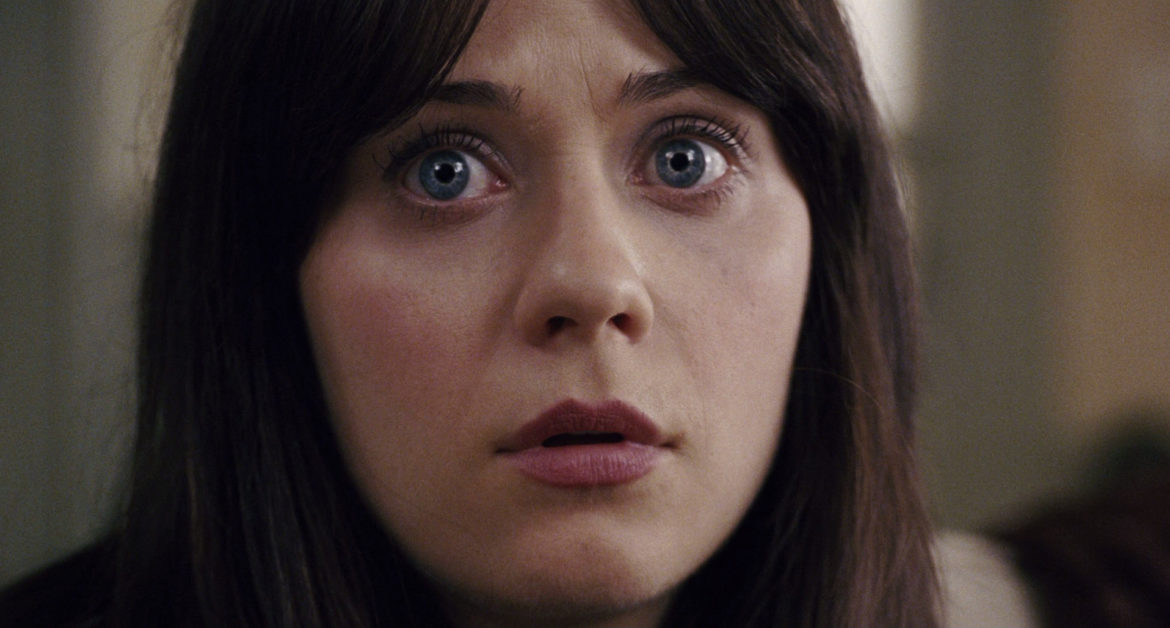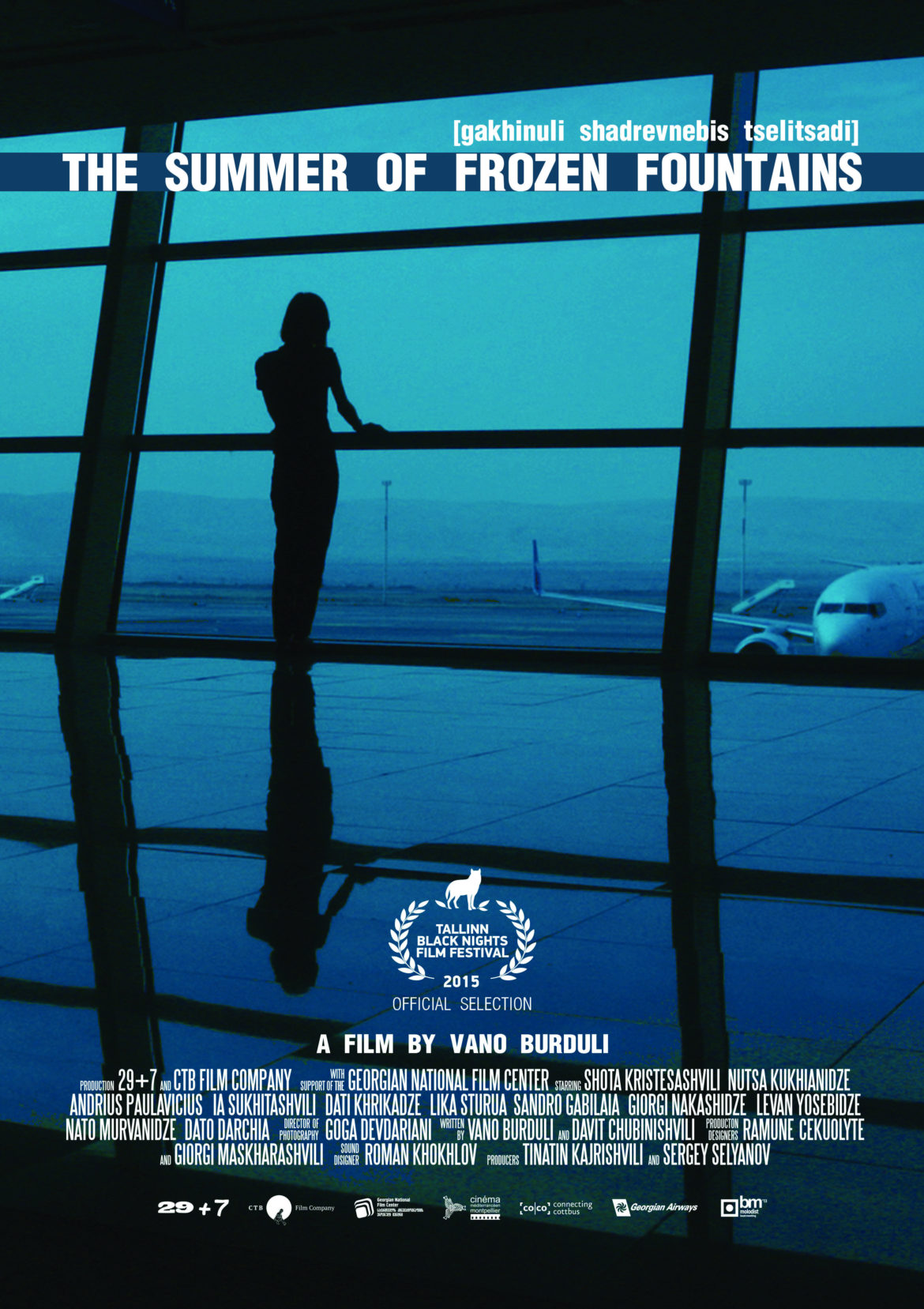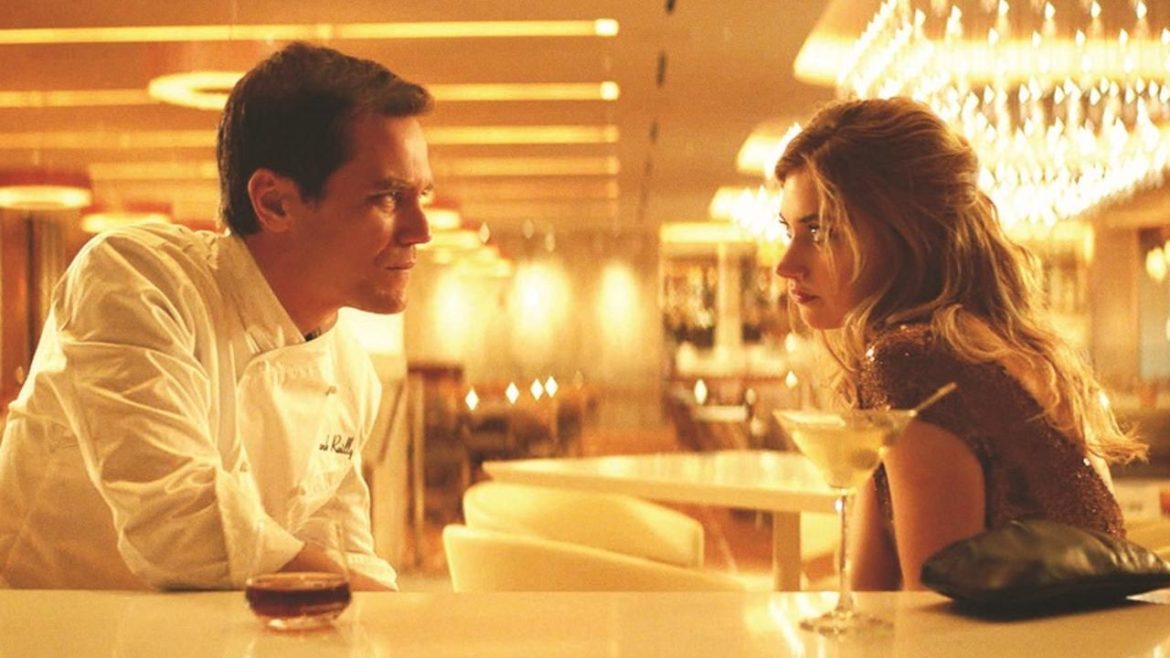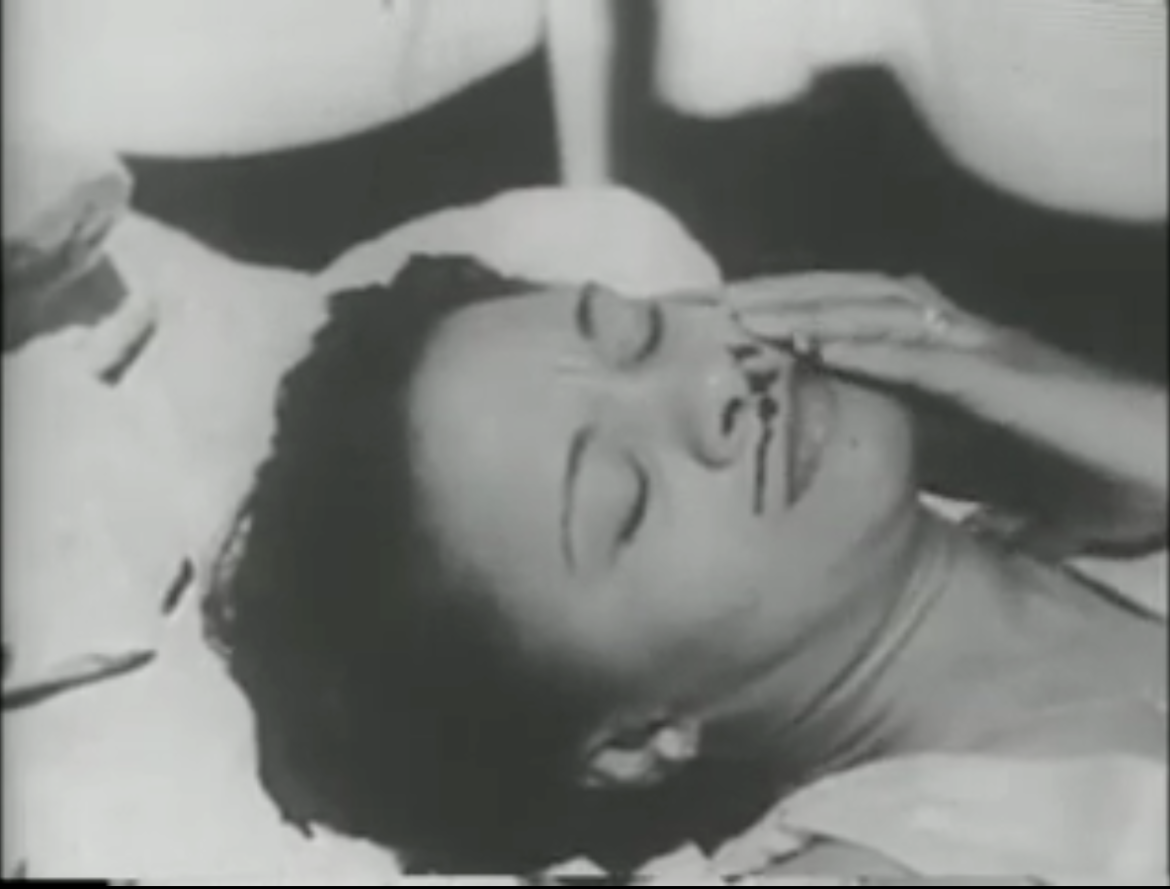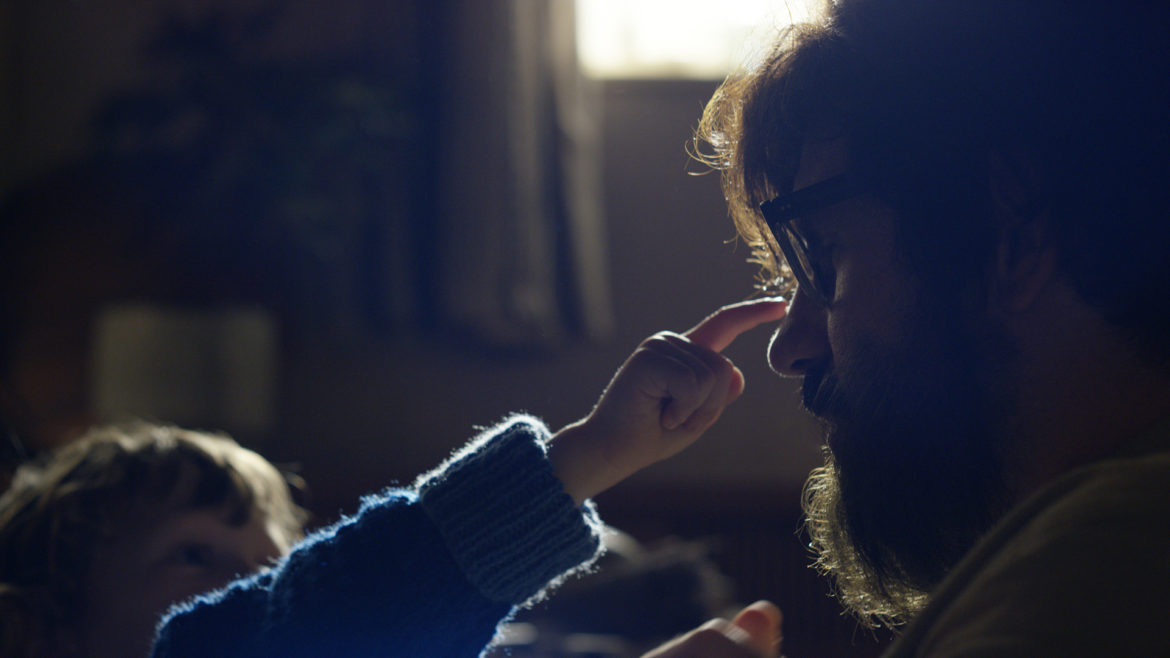Like his hero Jean Cocteau, Kenneth Anger is a mercurial and scandalous figure in 20th century art. An Aleister Crowley-influenced occultist, associate of counter-culture figures ranging from Mick Jagger to Charles Manson acolyte and convicted murderer Bobby Beausoleil, and author of the notorious Hollywood Babylon, a profoundly dubious book of gossip which The New York Times famously proclaimed to be “without one single redeeming merit,” Anger’s notoriety often threatens to overshadow his artistic output as an avant-garde filmmaker.
May 2016
The Lobster, Greek writer/director Yorgos Lanthimos’ deadpan dystopia and English-language debut, plays its fairy-tale absurdity completely straight, and its weird power accumulates from there.
A plot summary reads as farce, and there are certainly farcical elements. In a world that is recognizably ours and yet exhibits all the trappings of a near-future period piece, or maybe a Wes Anderson whimsy turned poisonous, coupledom is the norm: singles are sequestered into a castle-like hotel and given 45 days to find their mate.
I have now watched M. Night Shyamalan’s The Happening three times in as many days, and it remains entirely perplexing.
I tried several times to conjure up a proper review, but the film itself is so fragmented and bizarre that a standard write-up would fail it.
Part of an ongoing effort to watch a set of films from non-White, non-U.S., non-male, and/or non-straight filmmakers and depart a little from the Western canon. The intro and full list can be found here.
Maya Deren’s hugely influential 1943 short Meshes of the Afternoon played a key role in kicking off the New American Cinema Group, and has lost none of its power to entrance in the 70-plus years since.
The Summer of Frozen Fountains is a charming portrait of Tblisi, despite nothing happening
The Georgian film The Summer of Frozen Fountains, director Vano Burduli’s second feature, is a curious beast. It’s light on its feet, dipping in and out of the lives of numerous characters, but seems almost stubborn in its refusal to amount to much.
Matthew Ross’ inspired, tense debut Frank & Lola wears its influences on its sleeve – De Palma, Polanski, echoes of Eyes Wide Shut. It makes the most of leads Michael Shannon and Imogen “Best Name In Show Business” Poots, both of whom are having banner years with Midnight Special and Green Room, respectively, and upends audience expectations at regular intervals.
If you know one thing about Hampton Fancher, it’s very likely either his early success on “Bonanza” or that he’s credited with co-writing Blade Runner, Ridley Scott’s classic adaptation of Philip K. Dick.
But did you know he ran away from home at 15 to become a flamenco dancer, hopping a boat to Spain and renaming himself “Mario Montejo”?
In Ira Sachs’ new film Little Men, you can see the gears turning and wheels spinning the whole time.
It’s a message-machine about gentrification, couched in a fleetingly charming story of youthful friendship, that never once feels effortless or honest.
Part of an ongoing effort to watch a set of films from non-White, non-U.S., non-male, and/or non-straight filmmakers and depart a little from the Western canon. The intro and full list can be found here.
Famously included as part of the “Tyler, Texas Black Film Collection” – a trove of early race films uncovered in a warehouse in that town, 80 miles outside Dallas, in the 80s – Spencer Williams’ The Blood of Jesus (1941) has had a strange journey to prominence in discussions of the period in which it was filmed.
In 1980, the British theologian John Hull began to lose his eyesight permanently. Having struggled with vision problems his whole life, the process had irrevocably started toward total blindness. As he grappled with all that this would entail, he began keeping an audio diary, titled Notes On Blindness and eventually encompassing hundreds of hours of material – thoughts, reflections, anxieties, loneliness and isolation creeping in, but also a stubborn insistence: “If I was going to be blind,” he says, “then blindness must be understood.”

